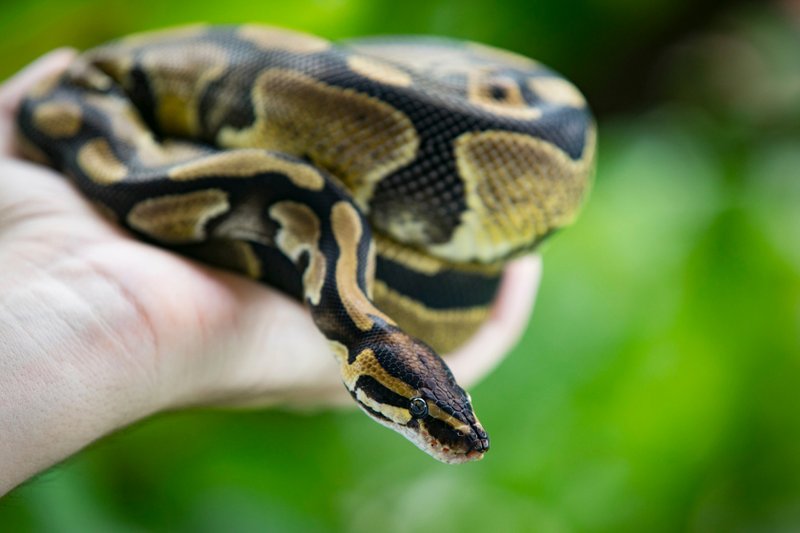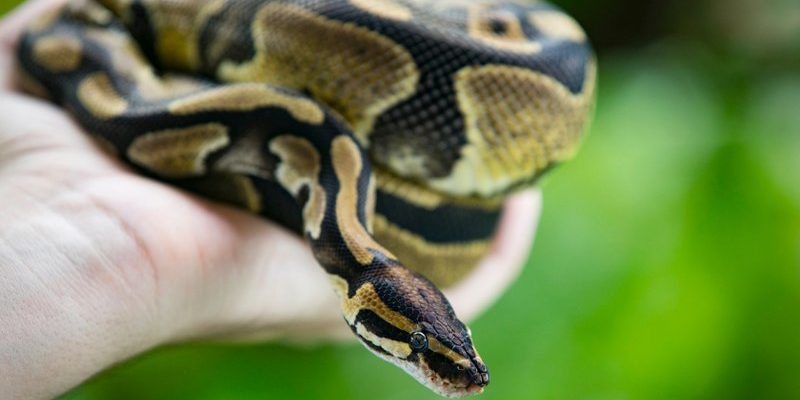
Ball pythons are popular pets, known for their calm nature and manageable size. But, like many exotic animals, their ownership is regulated differently depending on where you live. Some states have strict laws, while others are more lenient. So, let’s dive into the world of ball python ownership and navigate the legal landscape across the United States.
Understanding the Basics of Ball Python Ownership
Before we get into the nitty-gritty of legality, let’s clarify what a ball python is. These snakes, scientifically known as *Python regius*, are native to West Africa. They get their name from their defensive behavior of curling into a ball when threatened, which is kind of cute, isn’t it? In captivity, they are generally easy to care for, making them a favorite among reptile enthusiasts.
Owning a ball python comes with responsibilities. They can live over 20 years with proper care, so it’s not just a short-term commitment. You’ll need to provide the right habitat, diet, and attention to ensure your new pet thrives. But before you get too excited, make sure you know the laws governing their ownership in your state.
State Laws on Exotic Pets
Each state in the U.S. has its own regulations when it comes to owning exotic pets, including ball pythons. In some states, owning a ball python is perfectly legal, while others may require permits or have specific restrictions. It’s essential to check local regulations before you make any decisions.
- States Where Ball Pythons Are Legal: Generally, you can own ball pythons in states like California, Texas, and Florida.
- States With Permit Requirements: Some states, such as New York and Illinois, may require permits, so be sure to look into that.
- States Where Ownership Is Prohibited: A few places, like Hawaii and some parts of New York, have stricter laws and ban exotic pet ownership altogether.
Why Some States Have Restrictions
You might be wondering why certain states impose restrictions on ball pythons and other exotic pets. The reasons often boil down to environmental and public safety concerns. Some lawmakers worry about the potential impact of non-native species on local wildlife. If a ball python were to escape and breed in the wild, it could disrupt the local ecosystem.
Public safety is another major concern. While ball pythons are generally docile, there have been incidents of larger snakes posing a danger to humans or pets. These reasons contribute to stricter laws in various regions, aiming to protect both the environment and the community.
How to Research Your State’s Laws
Now that you know there are different laws, how do you find out what applies to you? The first step is simple: research. Here are a few ways to get the information you need:
1. Visit State Wildlife Agencies: Most states have a wildlife agency website where you can find specific information about exotic pet ownership.
2. Contact Local Authorities: If you have questions, consider calling your local animal control or wildlife office. They can provide guidance tailored to your area.
3. Join Online Communities: There are many forums and social media groups for reptile owners. You can learn from the experiences of others and find out about the laws in your state.
Remember, ignorance isn’t bliss when it comes to legal matters. Knowing the laws can save you from potential fines or the heartbreak of having to give up your pet.
What to Do If You Live in a Restricted Area
If you discover that owning a ball python is illegal in your state, it can feel disappointing. But don’t fret! There are still options. You might look into:
- Adopting a Different Species: Some snakes are legal in more states, like corn snakes or garter snakes, which are also great pets.
- Exploring Alternatives: Even if ball pythons aren’t allowed, there may be other reptiles or animals that fit your lifestyle.
- Advocacy: If you’re passionate about reptiles, consider joining advocacy groups that work toward more reasonable laws concerning pet ownership.
How to Legally Own a Ball Python If Permits Are Required
If you find that your state allows ball pythons but requires a permit, don’t panic. Here’s a quick guide to making it happen:
1. Understand the Requirements: Look up what is needed to obtain a permit. This may include applications, fees, and specific care requirements for your python.
2. Prepare Your Habitat: Make sure your environment meets the standards set by the state for housing ball pythons. This can include size, temperature, humidity, and more.
3. Apply for the Permit: Complete the necessary paperwork and submit it to the appropriate agency. Keep copies for your records!
4. Stay Informed: After you get your permit, make sure to stay updated on any changes in laws or regulations that could affect your ownership.
As you can see, owning a ball python can be an exciting adventure, but it’s essential to understand the legal framework in your state. From researching regulations to navigating permits, being informed ensures that your journey is smooth and enjoyable.
Whether you’re dreaming of coiling up with your new reptilian friend or just learning more, keep in mind that responsible ownership is key. Ultimately, these creatures can bring a lot of joy, and knowing you’re following the law makes it even better. So, go ahead and explore the fascinating world of ball pythons—just make sure to do it the right way!

